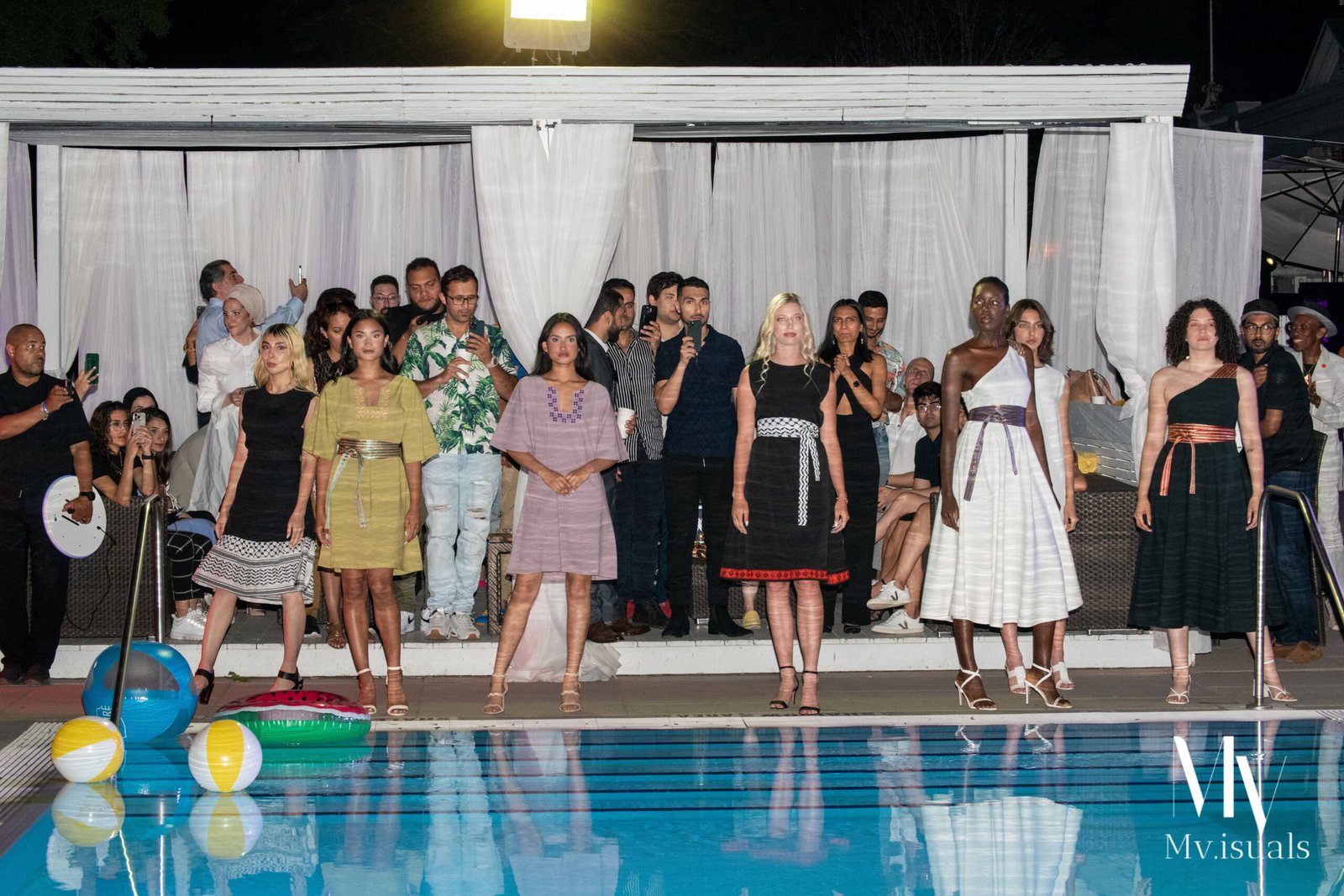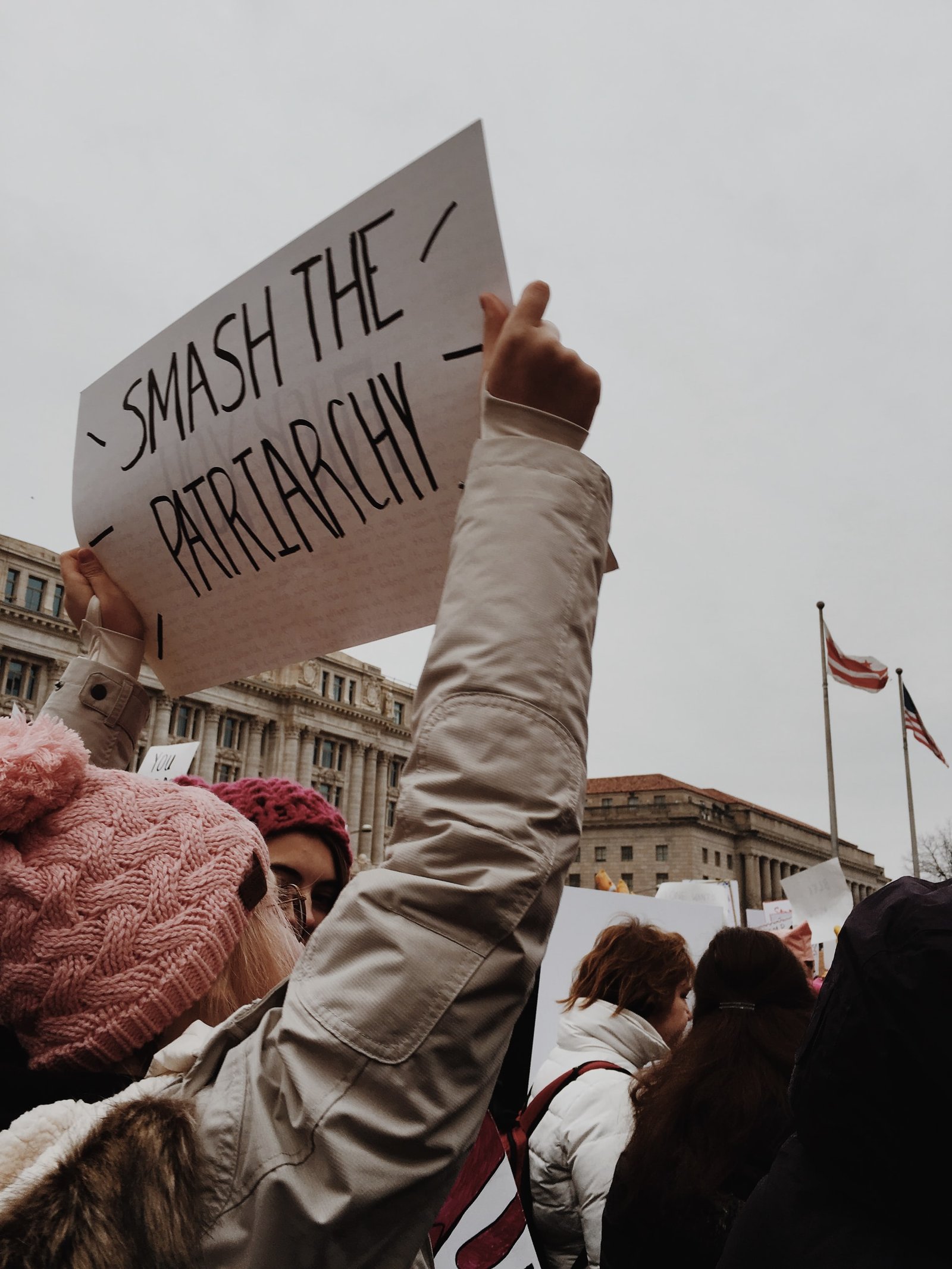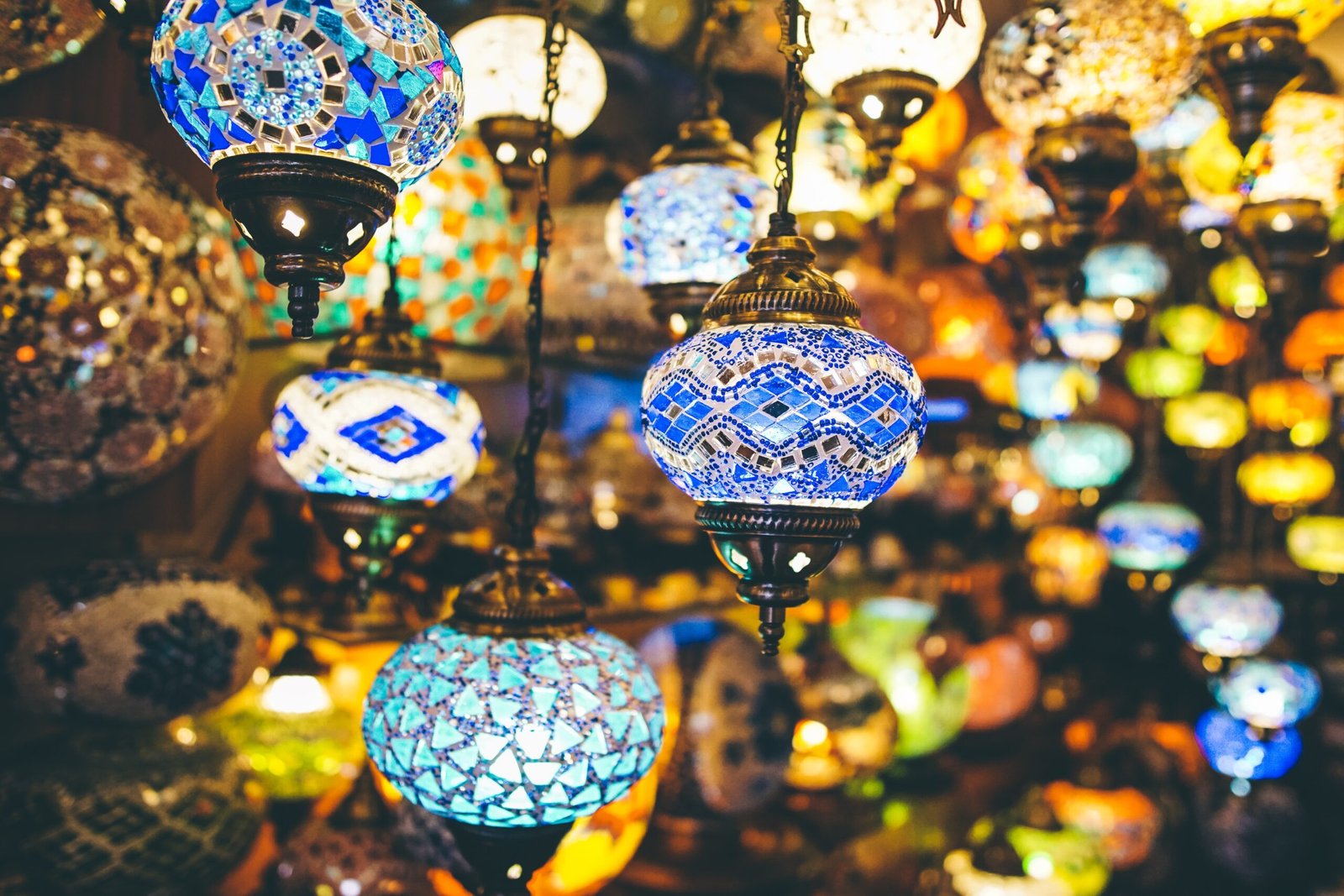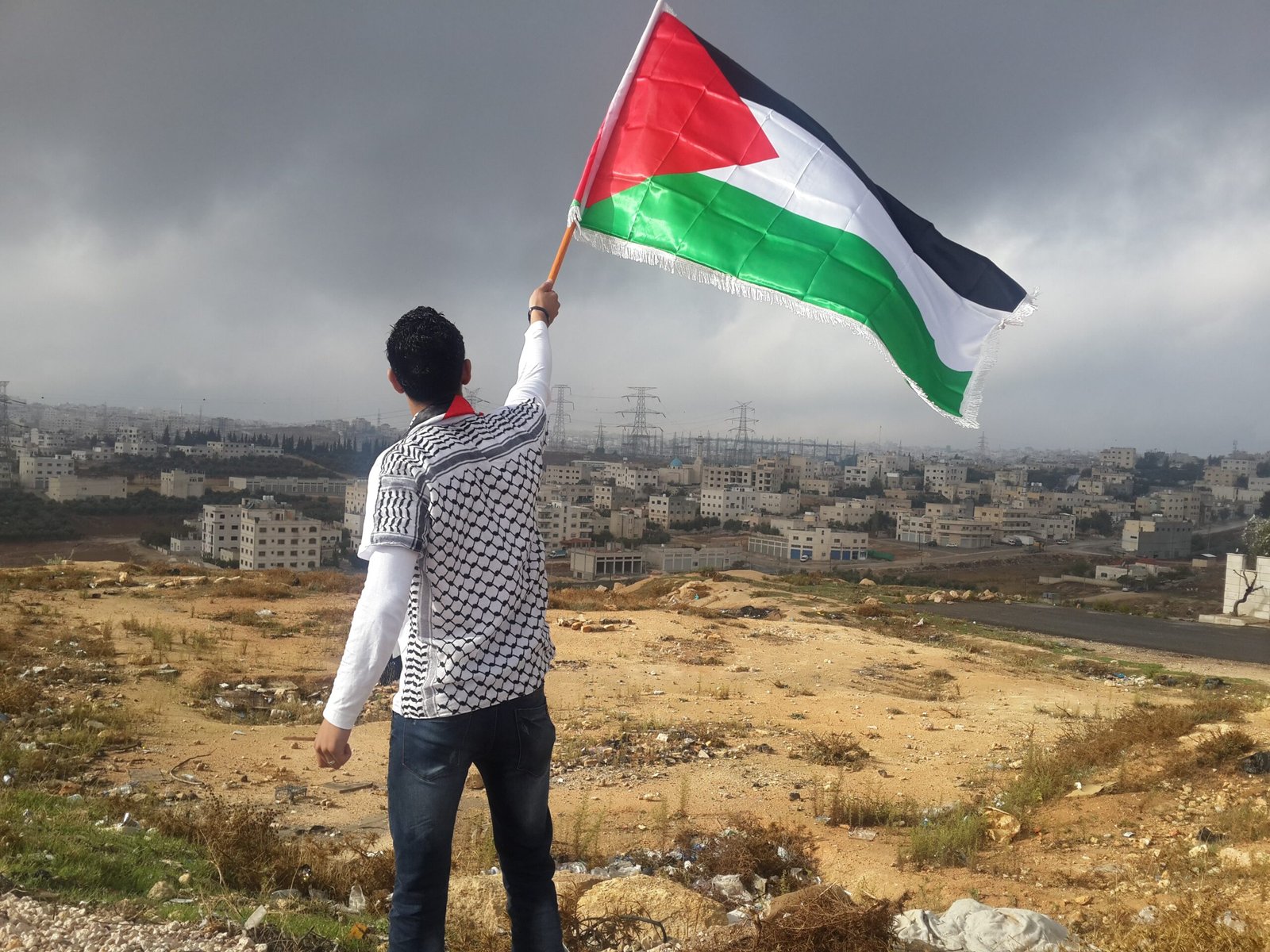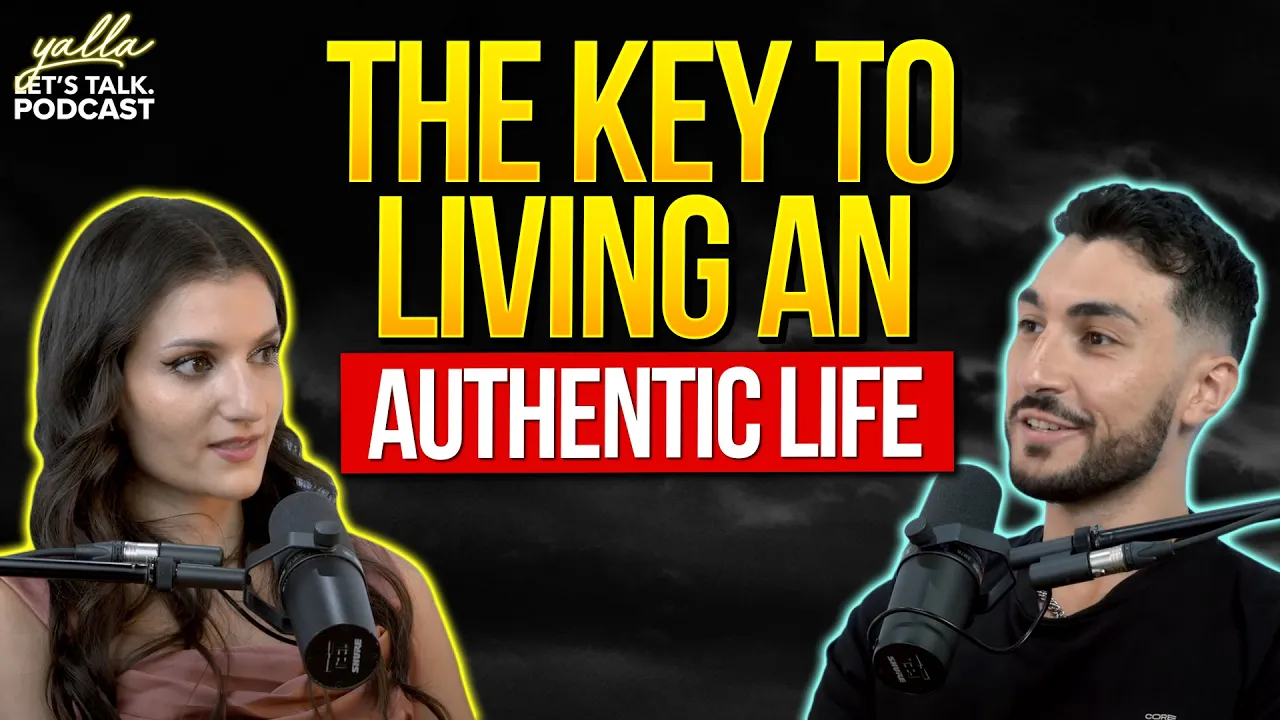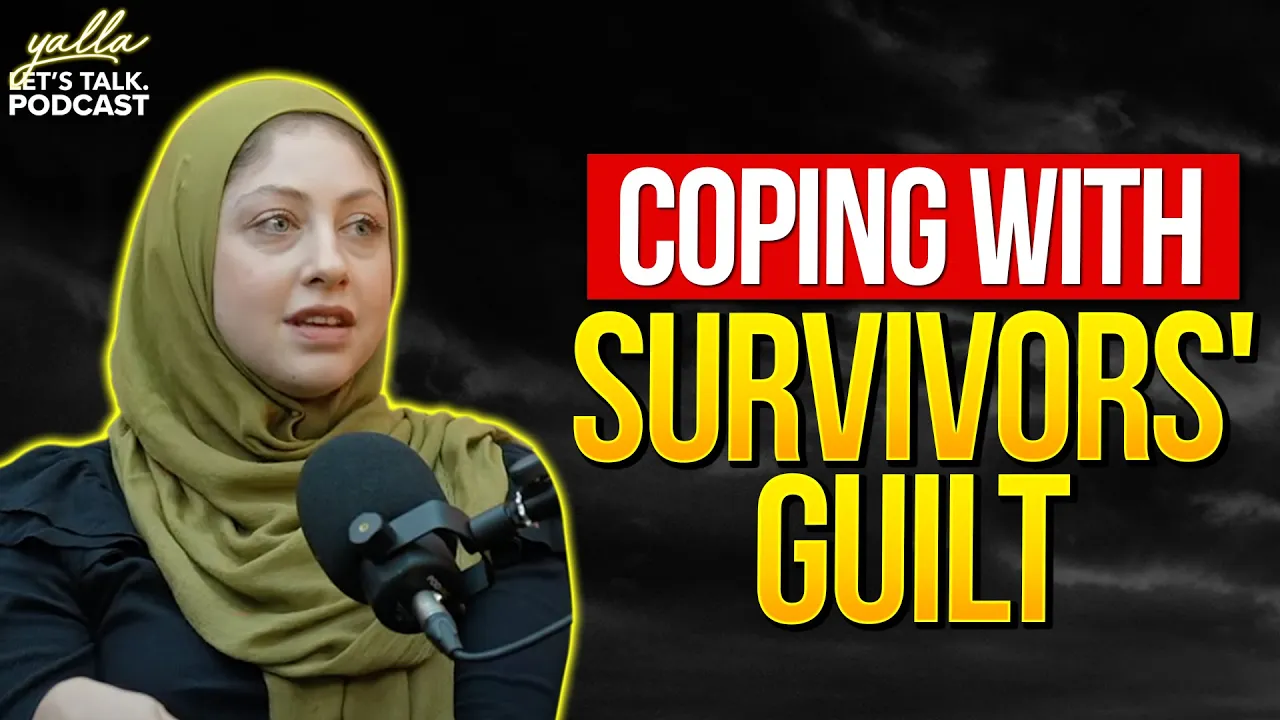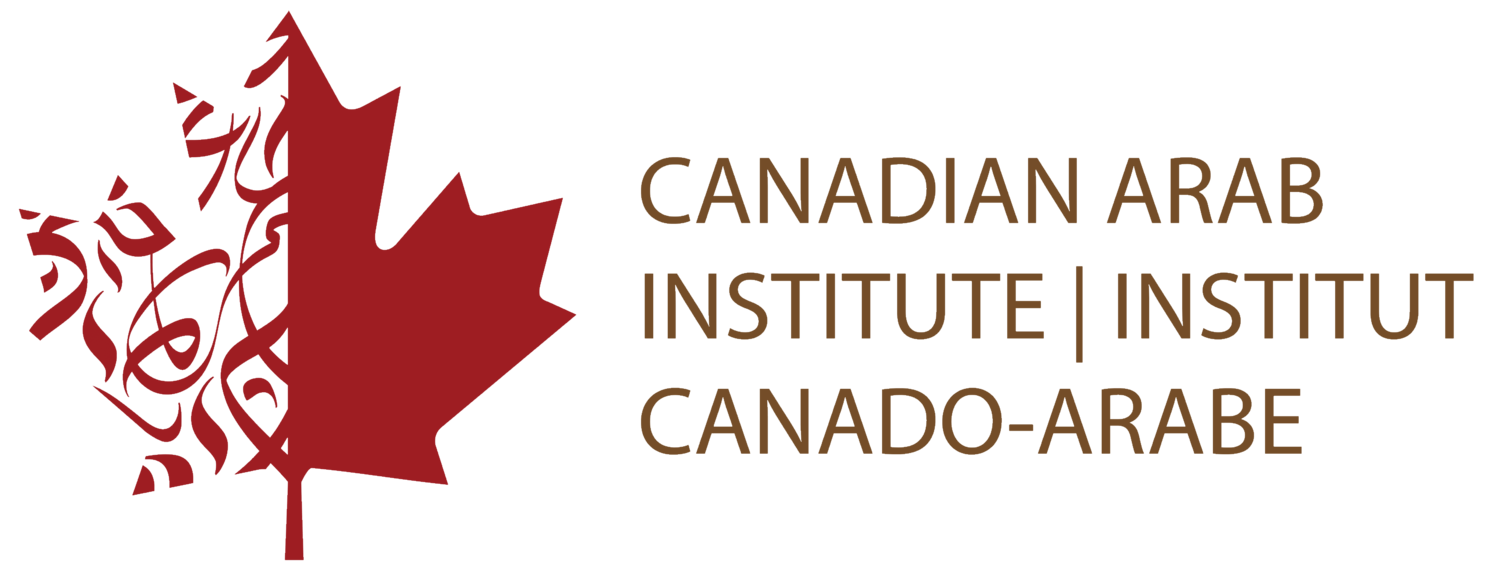The conversation around feminism that many of us are familiar with revolves around western feminism. Most times this perspective lends itself to a very focused idea about how women need more equality in a male-dominated world and this equality needs to come in the form of men bending their patriarchal norms. However, Arab feminism takes a different approach to how women can work for their equality in society. While the theme for equality is universal, many factors, especially privilege is overlooked when it comes to the journey for equal rights. In modern societies of westernized countries, anyone can voice their opinion and people listen but this is not the same for Arab women. In the Arab world, feminism looks different than the western feminism that most of us are familiar with. The feminism that we know defies the patriarchy and fights tooth and nail to get that seat at the table. However, the same privilege does not extend to intersectional feminism. The main difference between intersectional feminism and white feminism is that the former’s social identity plays an important role. Ethnic women around the world approach feminism in a way that fits in with their cultural identities to make it more identifiable and defining for them.
Arab women face many challenges when it comes to equal rights as many middle eastern countries reject feminism as a western ideology and therefore have no place in an Arab country. Moreover, it’s always seen as either ‘man-hating or ‘anti-religion’. This is problematic for ethnic women as it stops them from approaching feminism the same way white women do. The Arab world is diverse in itself and cannot be boxed into a category, therefore it is safe to say that women from various Arab countries have unique ways of describing Arab feminism and tackling issues about equality. These women show that it is possible to fight for equality and question archaic rules and practices without having to abandon their identity as Arab women.
With that, we present to you some ladies that shook the Arab world with their fierce spirit and demand for women’s rights in Arab world:
Manal Al Sharif
Al-Sharif has been a pivotal figure in the women’s right to drive in Saudi Arabia in 2011 and has since become a famous advocate for women’s rights. She has written best-selling novels that detail her life of activism. According to Forbes, Al-Sharif was jailed for nine days after posting a video of herself driving on the internet. This quickly started a movement that later on made Saudi Arabia reconsider its law on women’s right to drive. She is still an active voice when it comes to the conversation around Arab women’s rights and Arab feminism. She was an active Twitter user, often using the platform to criticize the Saudi government. However, she has deleted her Twitter account as she believes that the government has taken control over the platform and thereby destroyed its previous image of being an anonymous space to share one’s thoughts and opinions.
Dr. Nawal El Saadawi
El-Saadawi was an Egyptian secularist, feminist, humanitarian, author, activist, physician, and psychiatrist. She heavily focused most of her work on criticizing the practice of circumcising young girls. According to The Washington Post, El-Saadawi wrote about rape, genital mutilation, women’s virginity, and anything else that was considered taboo. Having gone through genital mutilation at the tender age of 6 she worked arduously to get the practice to be banned. Though the practice was criminalized in 2008, El-Saadawi believed that it would take time for the particle to be completely eradicated. During her life as a feminist, she has received numerous death threats, censorship and arrests. She passed away on March 21st this year in Egypt. She is seen by many as an icon of Arab feminism.
Ahlam Bolooki
Named one of the most influential women of 2021 according to Arab Business. Bolooki is the director of the most celebrated festivals for literature appreciation in the UAE known as the Emirates Festival of Literature. Her company works to expand and unite readers from around the world while bringing forth fresh pioneering ideas to the world of literature. She also contributes to online news outlets like The National News in the UAE. Bolooki became an avid reader during her teenage years. She since delved into the literature that focuses on women’s struggles and issues that they face in modern society. She encourages people to read more and educate themselves. She also offers book suggestions on various topics like racial injustice in Cosmopolitan UAE.
Joumana Haddad
Haddad is a Lebanese author, journalist and activist who speaks out about sexism in her culture. She is both an outspoken and controversial figure in Lebanon with her fight against sexism and her erotic magazine. She, like many other female Arab feminists have faced many difficulties with voicing her opinions and breaking taboos. She has received numerous death threats, rape threats even some of them extending far as much to say that they will burn her face with acid. She has also had hackers hacking her company, and instances of public display of violence toward her image and beliefs. However, this has not stopped Haddad from speaking up against the double standards that exist around gender equality. She is a proud mother of two feminist sons. She considers herself a third-wave feminist and is a strong figure in Arab feminism.
Loujain Al Hathloul
Al-Hathloul is a Saudi activist who also was part of the movement for lifting the ban on women driving in Saudi Arabia. She tried to drive into Saudi from the UAE when she was arrested even though she held a valid UAE driving licence. In 2018, she was kidnapped from the UAE and brought back to Saudi Arabia where she was put under a travel ban. While in prison she was said to have been tortured and beaten. After almost 3 years of being in prison, Al-Hathloul was released on March 2021 under many restrictions including a 5-year travel ban. She was nominated both in 2019 and 2020 for the Nobel Peace Prize.
These are just some of the women among thousands who are still rallying for equal rights. To understand Arab feminism it needs to be looked at from an Arab perspective. While there are still layers of historic practices and cultural beliefs that need to be fought through and corrected before one can say that there are equal rights given to women. It’s an uphill battle that many women are willingly taking to mould a better future. They will continue to inspire generations of women to stand up and fight for equality.
By Lithia Anil – YLT Staff





